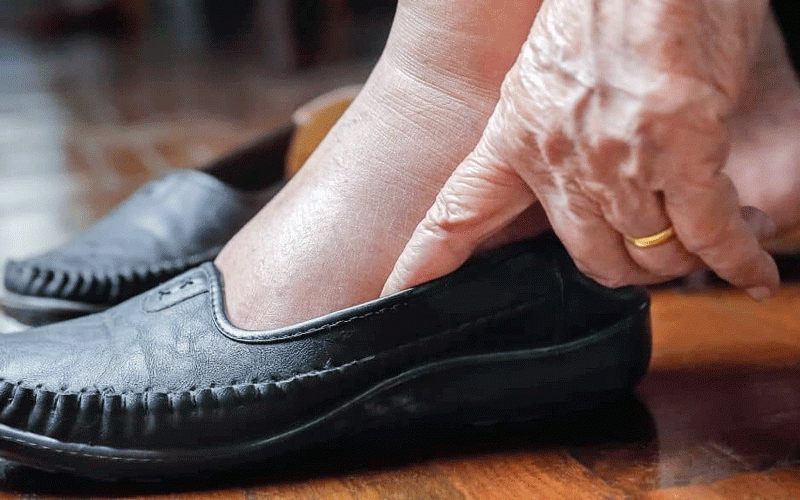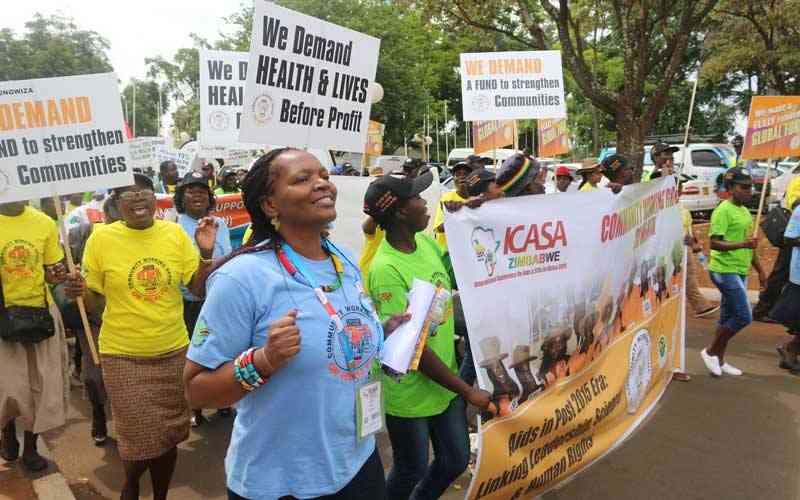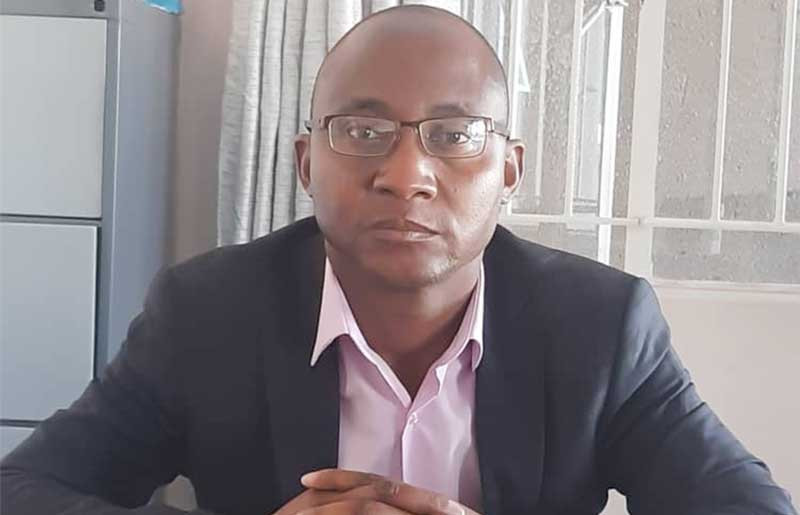
The hospital is the biggest in southern Zimbabwe serving Matabeleland, Midlands and Masvingo provinces. Sources said the hospital was relying on a general practitioner.
The posts of chief pathologist, deputy pathologists and specialists’ pathologists were vacant, the sources added. Pathologists carry out post-mortems on bodies to determine the cause of death.
A pathologist also studies all aspects of diseases with an emphasis on the nature, causes and development of abnormal conditions to help in the diagnosis. In murder cases or death due to negligence and accidents, a post-mortem is a statutory requirement.
Most residents rely on the government pathologists because public hospitals do not charge for the service. “Mpilo Hospital has gone for two years without a qualified pathologist, resulting in the institution relying on a general doctor to conduct the post-mortems,” one of the sources said.
“At one time, government hospitals in Bulawayo, Mpilo and United Bulawayo Hospitals (UBH) had to rely on one doctor attached to the Zimbabwe Republic Police (ZRP) to carry out post-mortems because of a shortage of qualified pathologists.”
The Registrar of the Medical and Dental Practitioners Council of Zimbabwe (MDPCZ), which governs the practice of medicine, Josephine Mwakutuya, confirmed that there was a serious shortage of pathologists.
“There is a shortage of pathologists as with other specialists such as haematologists,” she said. “The solution to the problem is to train more pathologists and have adequate conditions of service that makes it attractive for practitioners to join the public sector.”
- Chamisa under fire over US$120K donation
- Mavhunga puts DeMbare into Chibuku quarterfinals
- Pension funds bet on Cabora Bassa oilfields
- Councils defy govt fire tender directive
Keep Reading
According to statistics from the Health Services Board, out of 35 530 critical posts, only 28 340 were filled, showing a vacancy rate of 7 162 in the health sector.
The brain drain, which continues to take a toll on Zimbabwe, hit hard the health services sector at the height of the 2008 economic and political crisis.So critical is the situation that junior doctors and inexperienced nurses form the bulk of personnel manning most of the health institutions.











